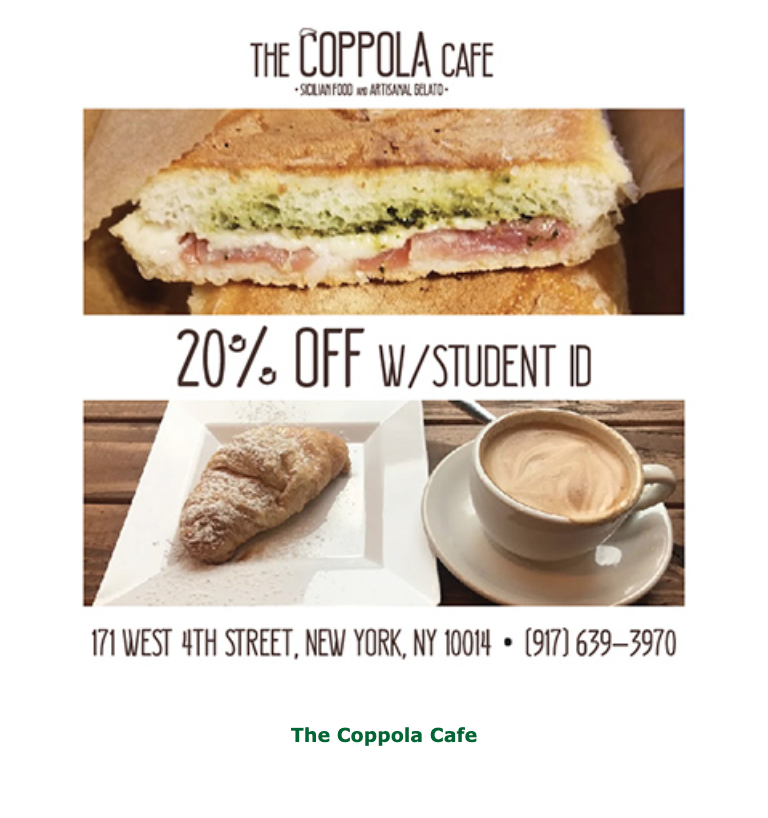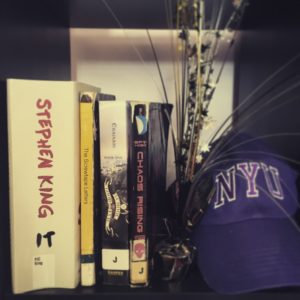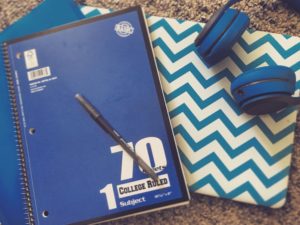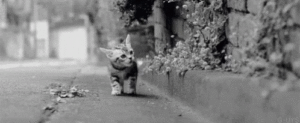“I remind myself every morning: Nothing I say this day will teach me anything. So if I’m going to learn, I must do the listening” Larry king once said. Being a good listener is an essential skill in life, and serves as a guide for self personal growth. People often interpret success differently, listening encourages the success of harmony, empathy and conversation amongst one another. The gift of listening is about dominating the qualities of an effective listener and understanding its benefits.

Every day we are required to be attentive and to listen. In the workplace or career path, it plays an important role in self-improvement and it is vital to success. Nathalie De Joya, a student attending Hunter College, majoring in Nursing conveys the power of listening as a health care worker. “Being a good listener is imperative in nursing. The art of nursing highlights the care we give to our patients that foster meaning and relationship”(De Joya) It is a good experience and self-rewarding to not only the nurse but to the patient receiving the acknowledgment that they deserve. One of the biggest emphasis of nursing is that we should always give patient-centered care and being a good listener is definitely something you need to achieve this” (De Joya). A nurse requires skills such as being active and having full concentration. In fact, these skills are tools that allow nurses to work collaboratively with their patients. Patients want to be understood, and feel in the right hands, it helps establish a good relationship with their nurse if communication is effective. I, myself hadn’t realized how much listening revolves around nurses accomplishing their job. Through this interview with Nathalie I’ve learned that being a nurse is much more than studying medicine and a Bachelor’s degree, it goes far beyond that horizon. To be successful in the field, you must instill trust and be empathetic, listening is key. In addition, it opened my mind to learn about new ideas and the different functions of every role within the workplace.
David Mejia, is an overnight Full-time Associate for Target. The company’s objectives involve a commitment to, “Exhibiting honesty, respect and concern for others through every interaction” stated in Target’s Code of Ethics (Code of Ethics, 2019) During his overnight “Stocking” position he is in charge of replenishing the sales floor with inventory in order to create profit. ” I can’t stress enough how crucial it is to listen and work together as a team in order to achieve our end goals” exclaimed David. I took the freedom to ask him, what are your techniques or tips to achieve your delegated tasks? ” You must be attentive to detail, and discipline yourself on time however, listening carefully allows me to have a good work performance because it makes me aware of what is expected of me”. “How has being an effective listener helped you grow in the workplace?” I asked. “It helped me build confidence, work productively but overall it’s given me the opportunity to build positive relationships with my managers” (Mejia). David depicts how effective listening empowers us to be our better selves, and working in a safe environment persuades us to speak up during any situation.
Throughout the happiest moments of our lives, we want someone to listen and share our laughter with. Especially during the hardships of our lives, we want to feel safe. Listening is the core of empowerment, relationships, and living to the fullest. It is the beauty of being human, validating one’s emotions, being able to conversate and share a connection on a deeper level. Overall, listening allows trust, empathy, and positive relationships in our lives.
You can find all of our active coupons at this link. Redeem them here:
By: Yadira Tellez
Yadira is currently enrolled at the Fashion Institute of Technology, majoring in Fashion Business Management and minoring in English literature. She’s worked in retail and has had the opportunity to work behind the scenes during NYFW. Her dream is to be a Fashion Stylist, but enjoys creative writing to relieve stress and express her mind.
For over 20 years, the Campus Clipper has been offering awesome student discounts in NYC, from the East Side to Greenwich Village. Along with inspiration, the company offers students a special coupon booklet and the Official Student Guide, which encourages them to discover new places in the city and save money on food, clothing, and services.
At the Campus Clipper, not only do we help our interns learn new skills, make money, and create wonderful e-books, we give them a platform to teach others. Check our website for more student savings and watch our YouTube video showing off some of New York City’s finest students during the Welcome Week of 2015.





 I remember towards the end of this past semester I had one of those days, where all I wanted to do was to stay in bed and shut the world out. It was a Sunday. I woke up, stayed in bed and cried for an hour. After which, I sat up on my bed staring out the window. I blankly watched the cars drive down my street, trying to figure out what I was feeling.
I remember towards the end of this past semester I had one of those days, where all I wanted to do was to stay in bed and shut the world out. It was a Sunday. I woke up, stayed in bed and cried for an hour. After which, I sat up on my bed staring out the window. I blankly watched the cars drive down my street, trying to figure out what I was feeling. 









